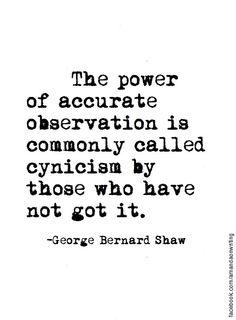MarketsMuse blog update profiles The Bank of New York Mellon Corporation aka BNY Mellon, and their introducing a new ETF negotiation tool. This update is courtesy of Asset Servicing Times’ article, “BNY Mellon launches new ETF negotiation tool“, with an excerpt below.
BNY Mellon has introduced a new automated process to aid authorised participants in the creation and redemption of exchange traded funds (ETFs).
The new process allows these participants to use BNY Mellon’s ETF centre to conduct propositions and negotiations on underlying data for ETF baskets with a fund sponsor.
It is designed for large financial institutions that are chosen by such a sponsor to obtain the necessary assets for creating or redeeming an ETF.
Usually, participants will have to go through more than one institution to do this, before shares are transferred to a custodian bank.
The new system is designed to offer a more flexible and more efficient environment for negotiating ETF baskets.
Steve Cook, global head of ETF services at BNY Mellon, said: “Helping authorised participants become more efficient ultimately benefits the other participants in the ETF marketplace, ranging from issuers to those in the secondary trading market.”
To continue reading about this new ETF negotiation tool, click here.








